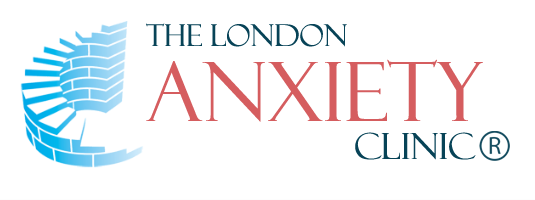What is dissociation?
Dissociation is a psychological process where a person disconnects from their thoughts, feelings, memories, or sense of identity.
It's often seen as a coping mechanism, typically employed unconsciously by the brain to manage or tolerate stress, trauma, or overwhelming situations. Dissociation can range from mild, everyday experiences to more severe forms associated with psychological disorders.
Here are some common forms of dissociation:
-
Daydreaming or Mind Wandering: This is a mild form of dissociation that most people experience. It involves a brief disconnection from immediate surroundings or current activities, allowing the mind to engage in internal thoughts or fantasies.
-
Derealisation: This involves a feeling of detachment or estrangement from one's surroundings. Objects, people, and the environment may seem unreal or distorted.
-
Depersonalisation: This involves feeling detached from oneself. Individuals might observe their own actions, feelings, or thoughts from a distance as though they are observing another person.
-
Dissociative Amnesia: This involves gaps in memory for significant personal information or events that cannot be explained by ordinary forgetfulness.
-
Dissociative Identity Disorder (DID): Previously known as multiple personality disorder, DID is characterized by the presence of two or more distinct personality states or identities within a single individual, each with its own pattern of perceiving and interacting with the environment.
Dissociation can be a normal reaction to stress and may help some people function in their daily lives. However, when it becomes chronic or severely interrupts daily functioning, it may be symptomatic of a dissociative disorder or other mental health conditions, requiring professional assessment and treatment.








